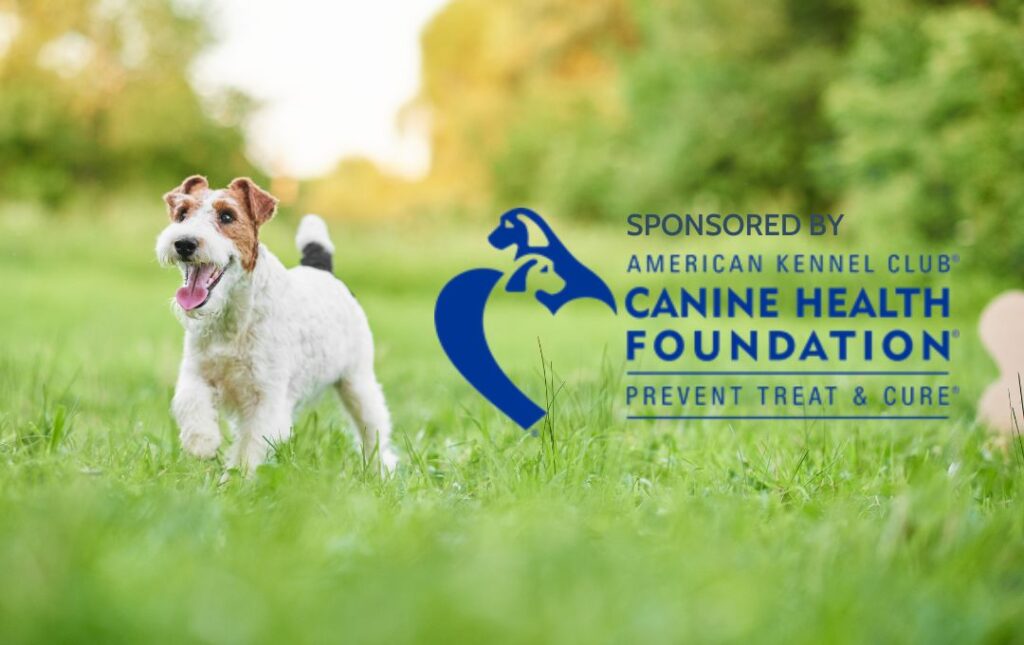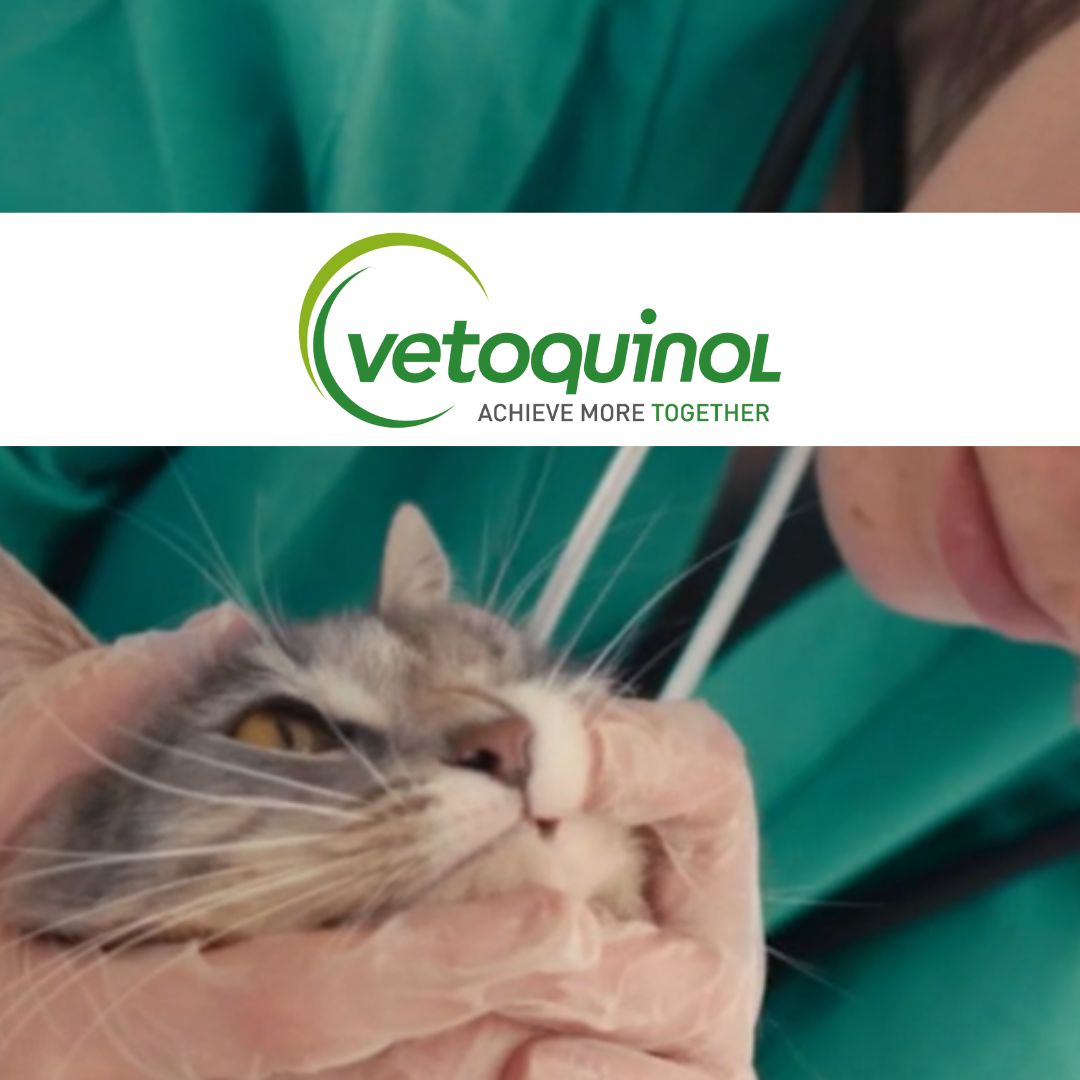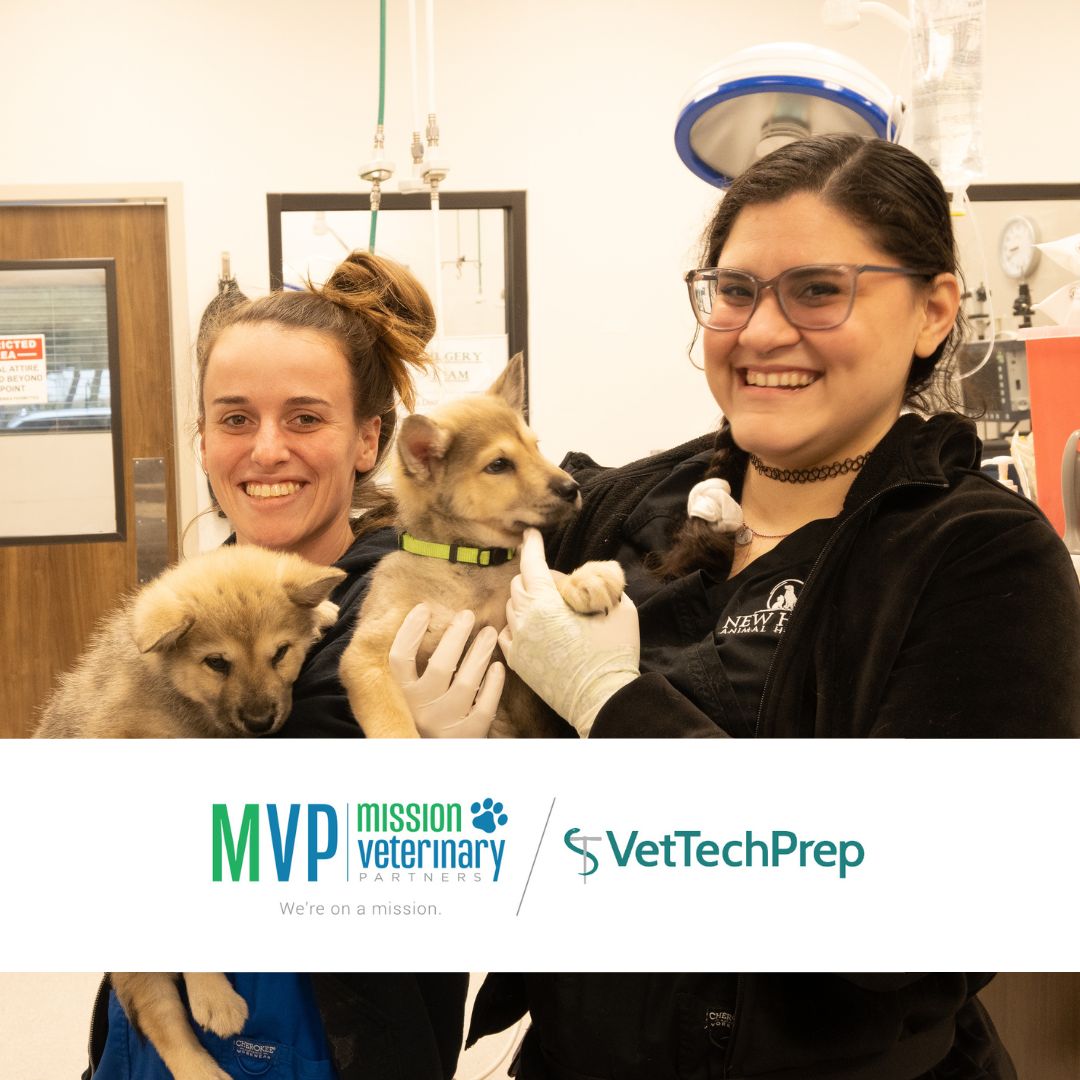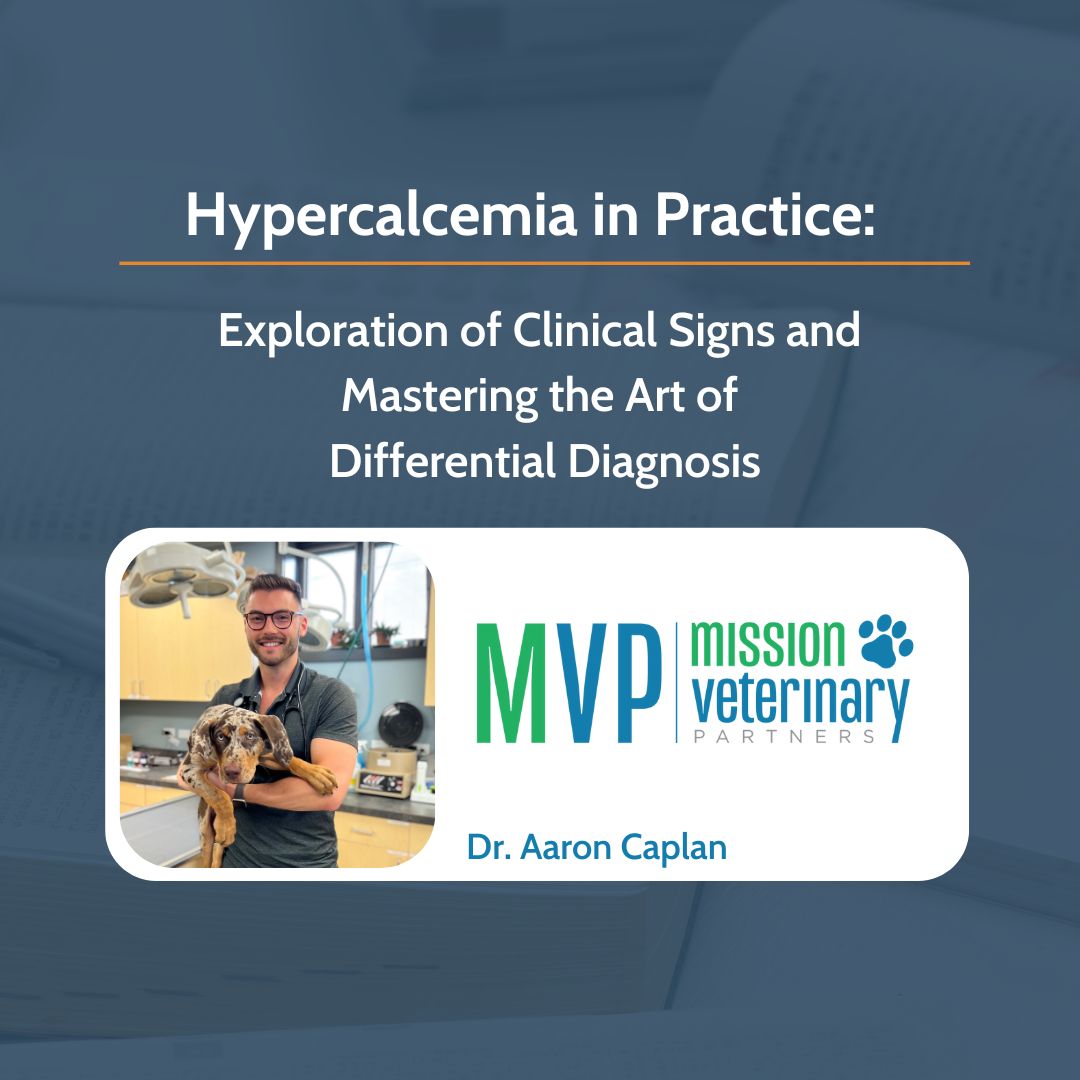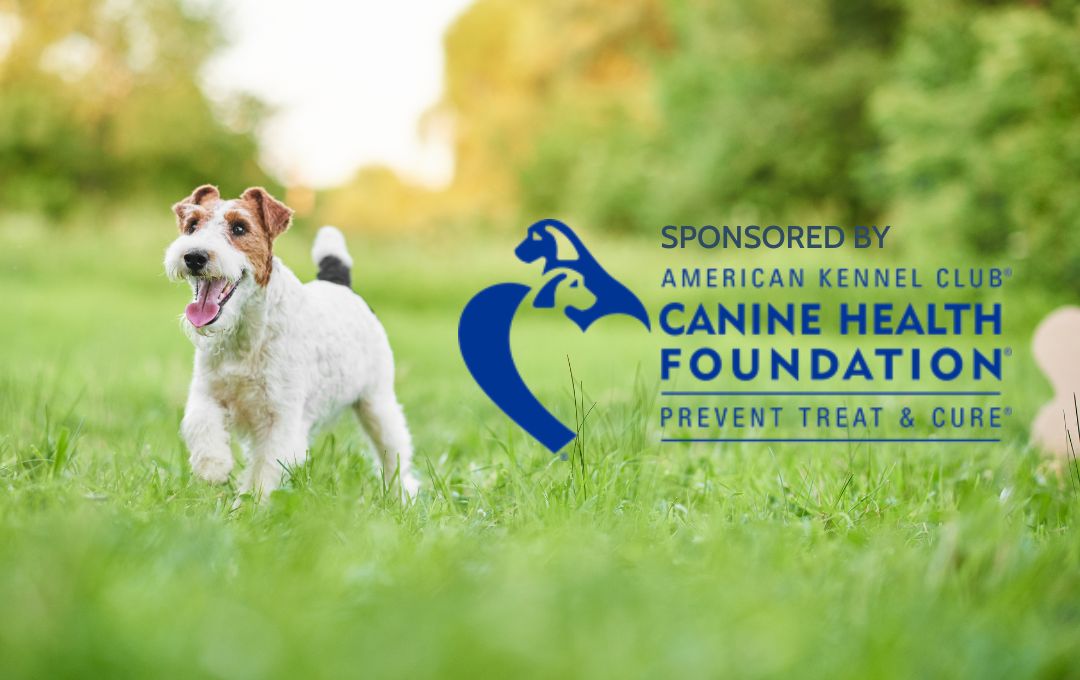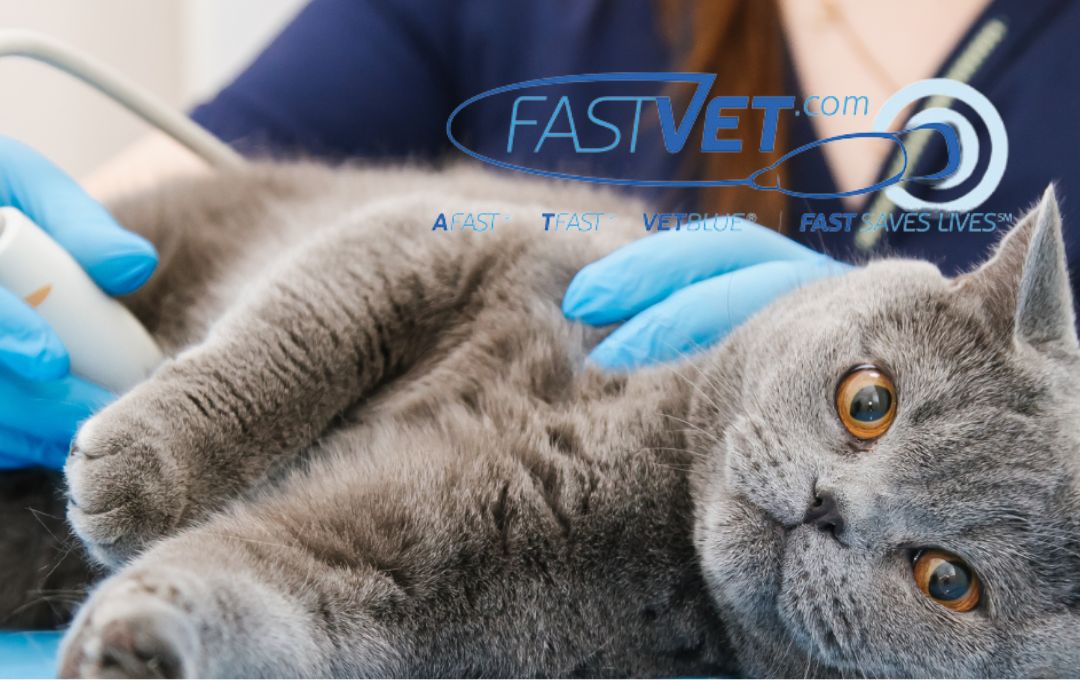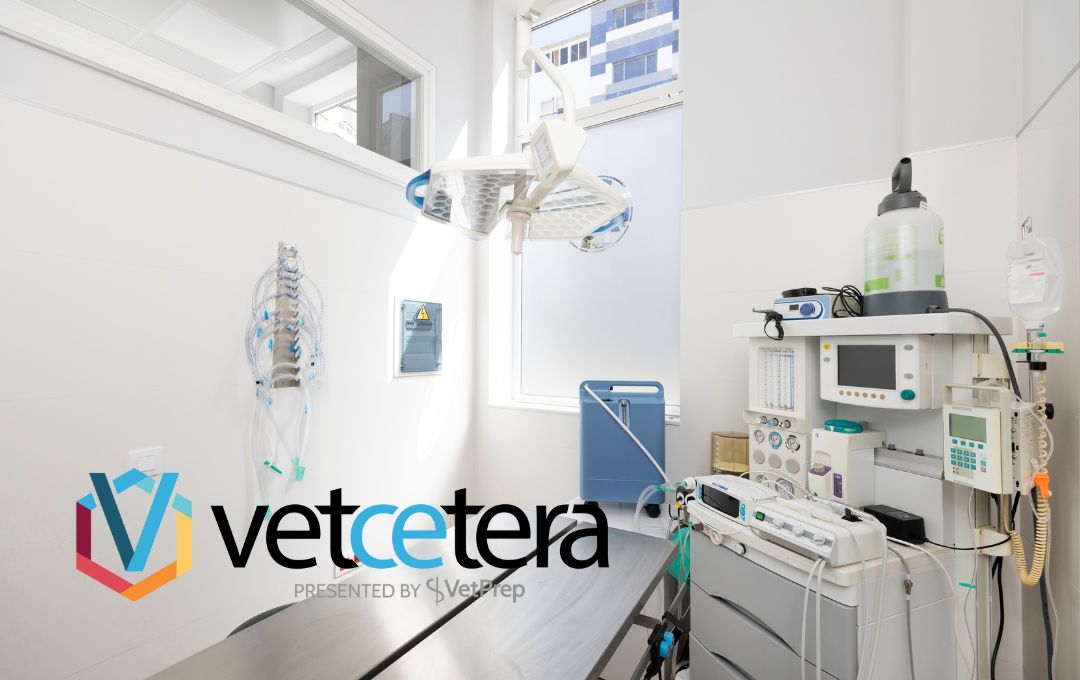By Sharon M. Albright, DVM, CCRT
Manager of Communications & Veterinary Outreach
AKC Canine Health Foundation
How do we improve the health of all dogs?
What are the latest updates in companion animal medical research?
How can veterinary professionals implement the latest advancements in canine health?
Thankfully, the AKC Canine Health Foundation (CHF) is a one-of-a-kind, non-profit organization working to find and fund scientific research studies with the greatest potential to impact the health of all dogs. CHF bridges the gap between research and animal care by sharing the results of their funded discoveries with veterinary professionals like you, along with dog breeders and dog lovers dedicated to improving the health of our beloved dogs.
For almost 30 years, CHF’s mission has been to advance the health of all dogs and their owners and provide health information to prevent, treat and cure canine disease. In addition to funding high-quality, humane canine health research, the Foundation also supports the next generation of canine health researchers and reproductive medicine specialists through educational grants. CHF does all this and meets and exceeds industry standards for fiscal responsibility, as demonstrated by their four-star Charity Navigator rating and Candid Platinum Seal of Transparency.
CANINE HEALTH RESEARCH
The canine health research grants program is the cornerstone of CHF. From bench research to clinical trials, CHF-funded studies explore the full range of canine health concerns including cancer, epilepsy, tick-borne disease, and more. A rigorous scientific review process ensures that CHF-funded projects have the greatest potential for advancing the health of dogs and make the best use of donors’ contributions. Grants are reviewed for scientific merit, impact in the field of study, and their relevance and significance to dogs and their people. CHF considers areas of unmet need and immediate opportunity, while looking to apply recent advancements in science and technology to canine health research.
ONE HEALTH RESEARCH
CHF embraces the One Health model as a critical tool to achieve its vision. Dogs are accepted as a valuable, natural model for human disease since we share our environments and lifestyles. Canine osteosarcoma, tick-borne disease, developmental lung disease, degenerative myelopathy and more share similarities with human disease. CHF seeks to fund health studies that will primarily benefit dogs, but that may also inform human health and disease research. You can learn more about the Foundation’s One Health commitment at akcchf.org/onehealth.
MAKING AN IMPACT
Since its founding in 1995, CHF has:
- awarded over 1,150 research grants in North and South America, Europe, and Australia.
- invested more than $67.5 million dollars in canine health research and subsequent development of genetic tests such as the MDR1 gene mutation for drug reactions.
- contributed to over 1,000 peer-reviewed publications including completing sequencing of the canine genome.
- been cited in other research more than 34,000 times.
INVESTING IN THE FUTURE
CHF also invests in the future of canine health, ensuring that trained researchers are available to sustain future advancements in canine and human health. The AKC Canine Health Foundation Clinician-Scientist Fellowship Program provides financial support to veterinary resident and graduate student research projects. Examples of recent fellowship projects include:
- renal dysplasia in Cairn Terriers
- understanding the immune system’s role in cancer to find targets for therapy
- regenerative medicine for musculoskeletal disease
- genomics of drug hypersensitivity
Fellows are chosen based on their promise and enthusiasm for pursuing a career in canine health research. Their mentors have a productive history of working with CHF on research to benefit canine health.
CHF also collaborates with the American Kennel Club (AKC) and Theriogenology Foundation (TF) to increase the number of trained practitioners in companion animal theriogenology and clinical genetics. The AKC/AKC CHF/TF Theriogenology Residency Program provides specialty training in all aspects of companion animal reproductive medicine and surgery, clinical genetics, and clinical practice related to male and female reproduction, obstetrics, and neonatology. This program ensures that highly trained veterinarians are available to support the reproductive and general health needs of current and future generations of dogs.
RESOURCES FOR YOU
An important component of CHF’s mission is sharing its funded discoveries with veterinary professionals, dog breeders, and all dog lovers. Visit akcchf.org/veterinary for more details.
- Explore Educational Resources such as articles, infectious disease fact sheets, webinars (CE credit available), and more.
- Help your clients and patients Participate in Research by searching our online database for CHF-funded studies actively recruiting participants or sample submission.
- Take advantage of Genetic Testing Resources such as a white paper and information on the OFA Canine Health Information Center database and DNA repository.
- Attend the biennial AKC Canine Health Foundation National Parent Club Canine Health Conference to interact with researchers, dog breeders, and other dog enthusiasts to discuss the latest discoveries in canine health (CE credit available). The next conference is scheduled for August 2025.
BE A CHAMPION FOR DOGS
We all want a healthier future for dogs. Veterinary professionals like you are essential to achieving this goal! Working together to fund and implement the best science, we can help all dogs live longer, healthier lives.
Sign up for the latest canine health research updates at www.akcchf.org/registration.

